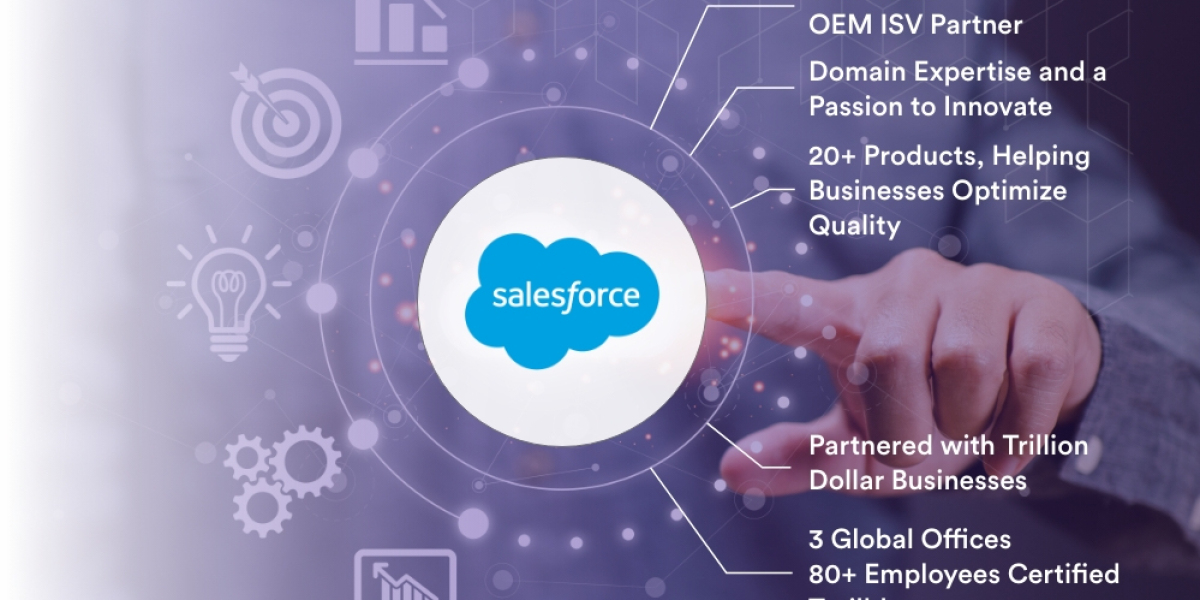To navigate this complexity effectively, agile methodologies have become the preferred approach for delivering Salesforce solutions. Agile offers a flexible, iterative framework that enhances collaboration, accelerates delivery, and ensures that Salesforce implementations remain aligned with changing business objectives.
Why Agile Fits Salesforce Consulting Projects
Salesforce projects often involve customization across multiple clouds—Sales Cloud, Service Cloud, Marketing Cloud—and integration with diverse systems. Traditional project management approaches like Waterfall, characterized by rigid, sequential phases, frequently struggle in such environments because of their limited adaptability and lengthy feedback loops.
In contrast, agile methodologies break projects into short, incremental work cycles called sprints. Each sprint results in a working product increment that can be tested, demonstrated, and refined based on stakeholder feedback. This iterative approach inherently supports the evolving nature of Salesforce requirements and the frequent updates released by Salesforce three times yearly.
Agile promotes close collaboration across cross-functional teams, including developers, administrators, business analysts, and key stakeholders. This helps align expectations early and reduces risks associated with miscommunication and misaligned objectives.
Core Agile Practices in Salesforce Consulting
Iterative Delivery and Feedback Integration
Instead of delivering the entire Salesforce solution at project end, agile teams focus on regularly releasing usable features and functionalities. For example, one sprint may deliver lead management enhancements, the next focuses on opportunity tracking, and another improves customer support workflows.
This approach allows users to engage with the product early and frequently, providing critical feedback that shapes subsequent development. Salesforce’s sandbox environments facilitate this iterative cycle, enabling rapid prototyping and testing without impacting production data.

Prioritization and Adaptive Planning
Agile uses tools like product backlogs where user stories—short descriptions of features from an end-user perspective—are prioritized based on business value. As priorities shift, agile teams can adapt upcoming sprints to tackle the highest-impact requirements first.
This adaptability is crucial for Salesforce consulting projects, where market demands, user needs, or compliance requirements may change during the project lifecycle. Agile empowers teams to pivot without costly schedule overruns or scope creep.
Continuous Integration and Deployment
Salesforce supports developer productivity tools such as Salesforce DX and continuous integration/continuous deployment (CI/CD) pipelines. These technologies enable automated testing, version control, and streamlined releases, all of which align perfectly with agile’s emphasis on rapid, high-quality delivery.
Regular integration of code changes promotes early defect detection, ensuring that each sprint delivers stable, tested increments. Continuous deployment pipelines can automate the release of approved features to production seamlessly.
Collaborative Communication and Transparency
Agile relies heavily on regular communication rituals, such as daily stand-ups, sprint planning, and retrospectives. These forums foster transparency, encourage problem-solving, and keep all team members and stakeholders synchronized.
Salesforce’s native collaboration tool, Chatter, combined with agile project management tools, can enhance communication by providing contextual, real-time updates on development progress, roadblocks, and changes in scope.
Risk Mitigation Through Incremental Development
Agile’s short cycles allow teams to discover issues early and implement corrective actions before problems escalate. Unlike Waterfall, where risks often surface in late testing phases, agile continuously assesses risks such as integration challenges, performance bottlenecks, or user adoption issues throughout development.
By addressing risks iteratively, Salesforce projects maintain momentum and reduce the likelihood of costly rework or outright failures.
Business Benefits of Agile in Salesforce Projects
Faster Time-to-Value: Incremental delivery means stakeholders see working features sooner, accelerating realization of business benefits.
Improved Stakeholder Engagement: Frequent demos and reviews keep business users actively involved, ensuring solutions meet real-world needs.
Enhanced Flexibility: Agile enables rapid response to changing market conditions or regulatory mandates without derailing the project.
Higher Quality: Continuous testing and integration enhance code quality and system reliability.
Greater Transparency: Regular communication and visibility promote trust and reduce surprises.
Increased User Adoption: User feedback incorporated throughout development results in more intuitive and effective Salesforce solutions.
Navigating Challenges in Agile Salesforce Consulting
While agile brings many advantages, successful adoption requires commitment from both consulting teams and clients. Challenges can include managing stakeholder expectations around scope and timelines, maintaining momentum during change fatigue, and balancing agility with governance and compliance requirements.
Experienced Salesforce consulting partners play a vital role in guiding organizations through these challenges. Their expertise ensures that agile frameworks are tailored to project size, complexity, and organizational culture, maximizing outcomes.
Partnering with Avenga for Agile Salesforce Success
Avenga – Global Technology Partner, specializes in delivering Salesforce consulting projects using agile methodologies. Their teams combine Salesforce technical expertise with agile project management best practices to drive collaboration, transparency, and rapid delivery.
Avenga’s approach includes comprehensive agile training, agile tooling, sprint facilitation, and continuous improvement strategies that ensure projects adapt to business needs while maintaining high standards of quality and governance.
For organizations seeking to maximize value from Salesforce investments through agile adoption, Avenga offers tailored consulting services backed by proven frameworks. More details are available at https://www.avenga.com/salesforce-consulting/
Empowering Business Transformation Through Agile and Salesforce
Agile methodologies transform Salesforce consulting projects into dynamic partnerships where continuous feedback, iterative delivery, and adaptive planning drive success. Aligning these practices with Salesforce’s innovative platform ensures solutions that are both technically robust and closely aligned with evolving business strategies.
As market demands accelerate and customer expectations rise, agile enables organizations to innovate faster, reduce risks, and deliver exceptional value through Salesforce—turning technology implementations into genuine catalysts for business growth.









